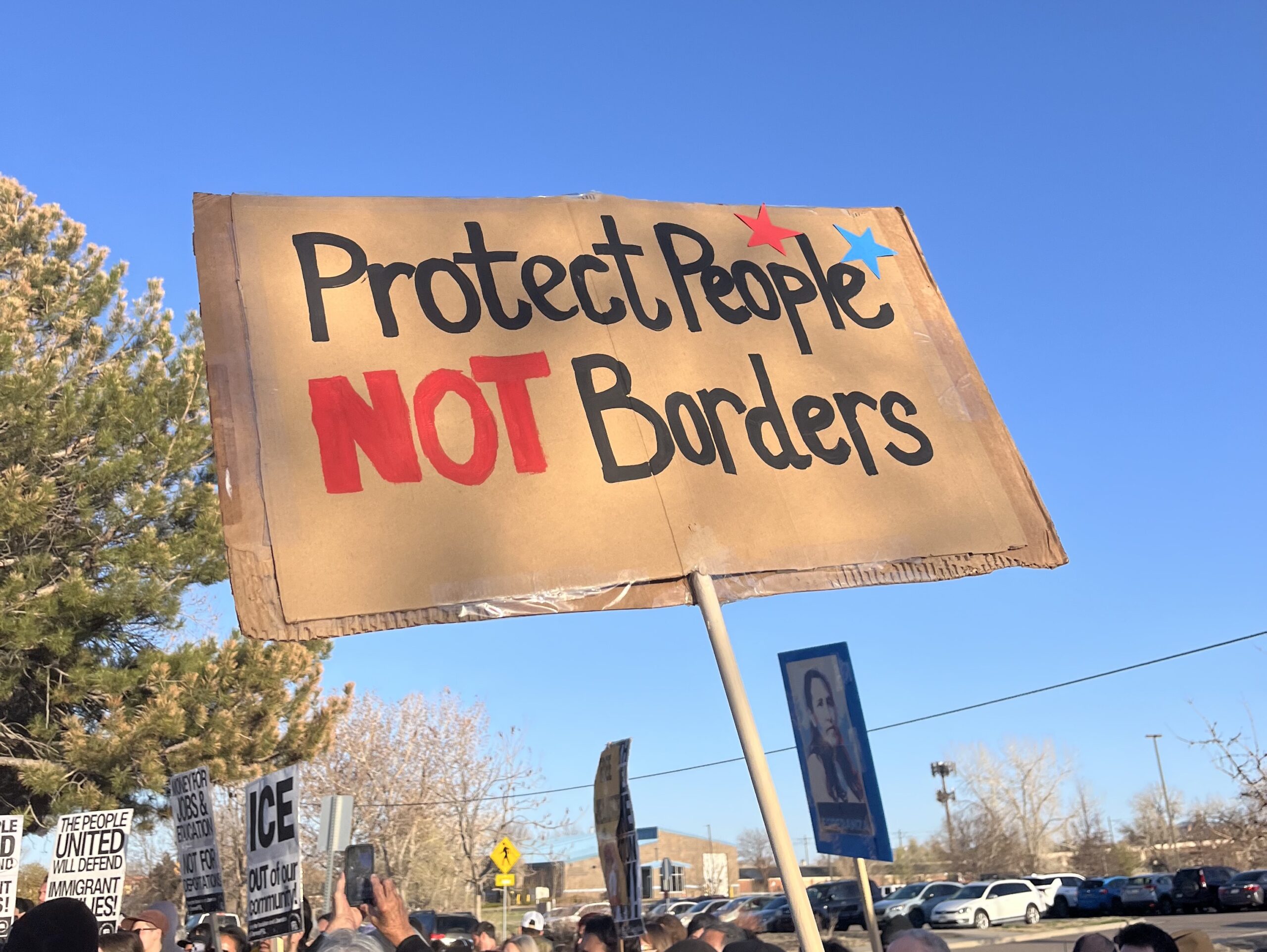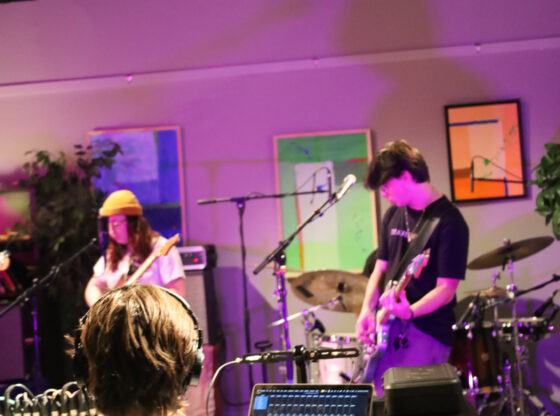Dear Editor,
While browsing Google News as a reprieve from a case write-up, I noticed the headline story, which concerned the death of Nick Berg.
Berg was an American who went to Iraq to work on communications towers and was beheaded by those who wanted his release in exchange for the release of prisoners in the Abu Ghraib prison.
His captors recorded the murder on videotape, screen caps of which have proliferated on most news sites. What struck me the most about this event was the complete pointlessness of Berg’s captors’ actions. Did they hope to avenge the humiliation of the prisoners of Abu Ghraib at the hands of the American military? Did they want to display their ability to strike back at the “crusaders” who ignored their exchange request? Did they do it in a bout of twisted irrationality? Was it a combination of the above?
I think the last option is the most accurate, but whatever the reason, the captors accomplished nothing but the helping to create more hatred.
As I read the story, blood rushed to my head and I failed to notice my Tool mp3 fading in my ears. My level of indignation increased upon learning that Berg was an innocent on his way home but was detained, for reasons thus far unmerited, by both Iraqi and American forces.
Perhaps indignation is too weak a word. Truth be told, I pictured blasting the captors to Mars Jesse-Ventura-in-Predator style. I imagine many in the Middle East (and elsewhere) had similar thoughts as they viewed pictures of our GIs lording over prisoners in Abu Ghraib. I think the proliferation of hate comes down to a difference in ideologies and a lack of communication. For terrorists, there may be no innocents – only allies and enemies. For others, there is a difference, and to cross the line and kill innocents is undesirable.
Witness the efforts by the U.S. military to limit “collateral damage” during Shock and Awe vs. the terrorist attack that ushered in this global century. The disparity in what is acceptable to different groups makes the actions of terrorists unconscionable to us. What happened to Nick Berg is an example of this. From what I gather, being naked and helpless in front of a woman is fate on par with death to some Islamic men.
And so, the terrorist reaction to what we consider a relatively benign (because it’s non-lethal) insult is to repay us in kind using lethal force, which is eye-for-an-eye to them but a gross overreaction to us. It is dangerous to make blanket statements about any group of people, and of course there are elements of both terrorist and non-terrorist societies that thrive on hate or that seek consensus and understanding.
What is crucial is to take the ideologies of all rational parties into consideration when acting, so that the propagation of hate is minimized.
This means using the pen before the sword. Clearly Saddam Hussein is irrational, but the president and his people could have done more to gain acceptance for the use military force to depose him. They could have tried harder to convince the Iraqi people, the U.N. and American people of the worthiness of their cause. In doing so they would have gained support on both sides of the front and the U.S. would not be alone in its current predicament.
Instead, in the interest of national security, the president acted in haste, made a decision based on false reports of weapons of mass destruction, failed to fully consider the ramifications of his actions in the Arab world, and now his soldiers are paying the price. Now members of another generation of Arabs are learning to hate the U.S.
Actions may speak louder than words, but they’re just as capable of saying the wrong things.
Matt Meehan












